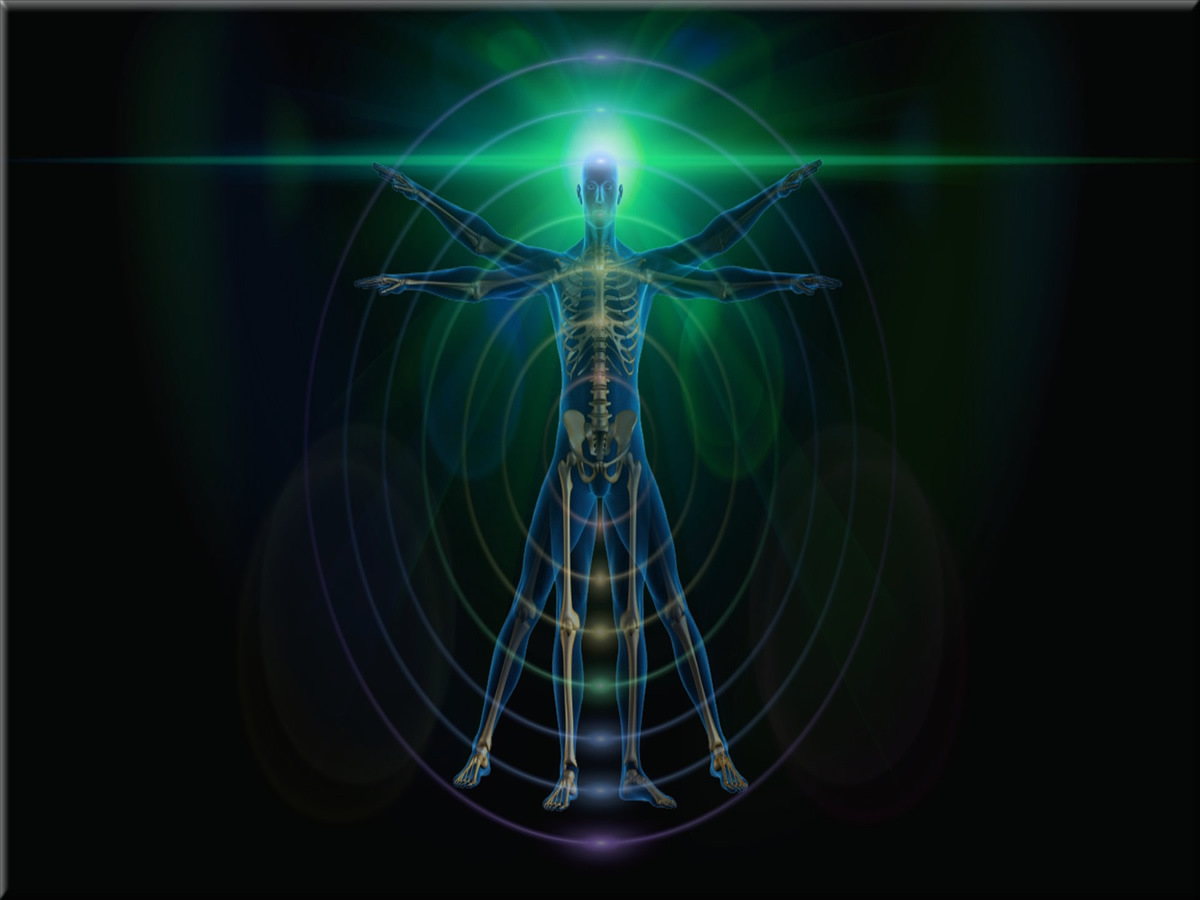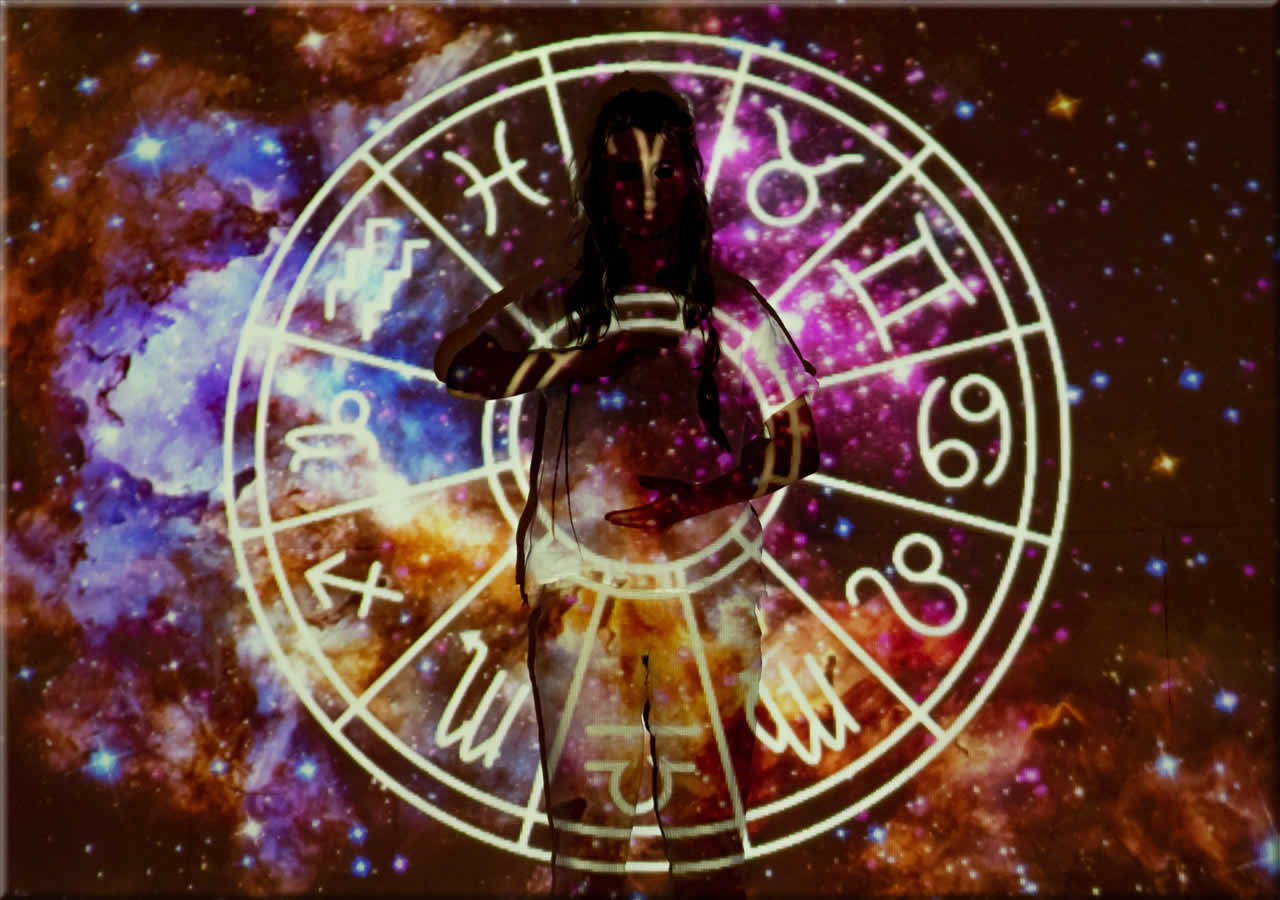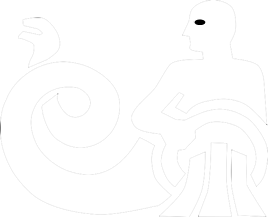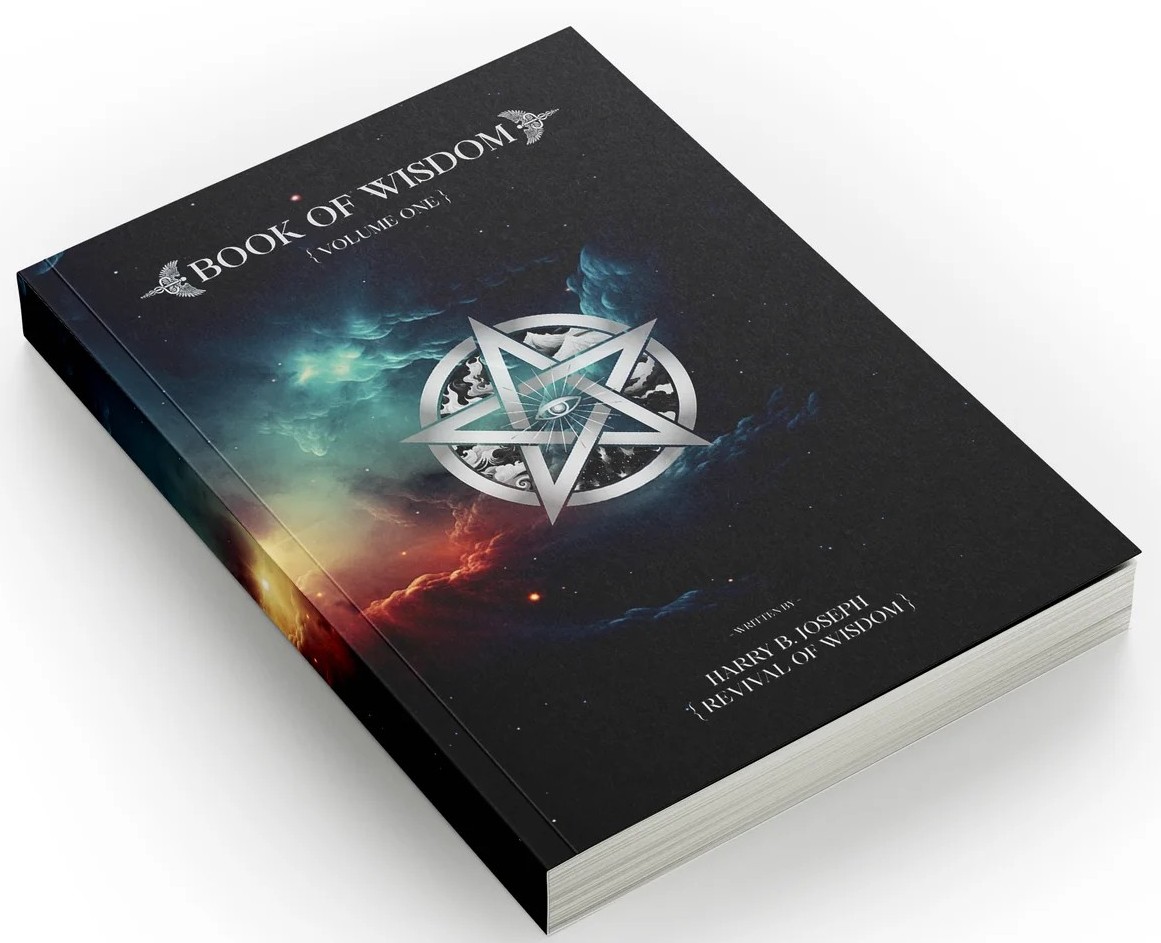
The Concept of Reincarnation
Reincarnation refers to the spirit or soul moving from one body to another after death. The idea of reincarnation exists in various cultures and religions, including Hinduism, Buddhism, Jainism, Native American, and African traditions. The concept of reincarnation implies that the soul continues on a journey of learning and growth through multiple lifetimes. Actions from a previous life, known as karma, are the cause of our return and shape our present circumstances.
The History of the Concept of Reincarnation
The concept of reincarnation originates from the Vedic texts of ancient Indian sages. Most people generally accept reincarnation in Buddhism and Hinduism, two of the world’s most famous mass religions. Throughout history, people in the West have interpreted reincarnation in different ways. Most often, this depends on the needs of the high clergy or policies implemented to protect the interests of the ruling elite.
Check out more videos on our YouTube channel
For centuries, the Christian Church suppressed the idea of reincarnation despite its acceptance in many Christian mystical sects. Just as Judaism developed the esoteric tradition of the Kabbalah, Christianity also developed its mystical tradition. However, Christianity denied reincarnation and karma, and as a result, the Inquisition persecuted those Christians.
The most infamous story happened when the Catholic Church burned Giordano Bruno, an Italian scientist and philosopher. Bruno was burned alive at the stake just because, among other things, he also believed in reincarnation. Additionally, they went so far as to destroy entire libraries, like the one in Alexandria. Since then, these concepts have been studied only in secret and discussed allegorically by various occult groups throughout history.
The Vedic Concept of Reincarnation
The Vedic tradition places great emphasis on the concept of the soul’s reincarnation in a material body. The Vedas teach that the universe is composed of countless, eternal spirit souls that move from one body to another. Also, this is the oldest and most comprehensive source of knowledge on reincarnation. According to the Vedas, every living creature has a material body and a spiritual soul.

The material body appears lifeless, despite being composed of a complex arrangement of physical elements. The soul is the spark of life that comes from the supreme energy of creation. Although the soul is 1/10,000 (ten-thousandth) of the cross-section of the tip of a hair, it permeates the body with awareness. In some types of life, it resides for a few seconds, and in others for several thousand years. When a particular body is no longer fit for habitation, the soul leaves it in search of another, entering during fertilization to develop a new body.
Moreover, in its material life, the soul is subjected to various types of enjoyment, lamentation, fear, happiness, and unhappiness. Initially, a living being possessed nearly the same characteristics as a god in its pure, spiritual form. However, it falls into material states when it becomes drawn to the desire for the gratification of senses in the material world, separated from its source. It moves from one body to another, going round and round until it sees through the material illusion, emerges from the “samsara” circle, and returns to its source.
The Goal is Knowledge
The Indian Chandra (Moon) rules the astral world, creating and preparing a new incarnation based on our current actions. However, karma is not the unconscious return of good and bad deeds. It directs us towards knowledge. Therefore, the goal of every human being is knowledge, not enjoyment. However, this is difficult to understand because our unconscious fears, feelings, and desires often govern us.
The Book of Wisdom is a must-have book for every free-thinker and truth-seeker. It offers a wealth of knowledge, encompassing both surface-level truths and deep, hidden insights from the esoteric realm.
In the yogic tradition, ignorance – avidya – represents the first and most significant obstacle in the mind, which is why we suffer. So, at the beginning of any change process, knowledge about what is happening to us is essential. Ahead of us lies a period of learning, trial, and error —a process that, like any development process, requires persistence, commitment, and awareness.
Guided by so-called contemporary psychologists, philosophers, and fake religions, people in the West do not know the activities of the subtle body. Thus, they cannot comprehend the concept of reincarnation. In various historical traditions, the notion that one life is merely a snapshot from the film reel of our many lives, representing our spiritual evolution in this material world, is consistently advocated. Those who support reincarnation argue that we have a body, which serves as a vehicle for the soul, carrying over our activities from past lives.
Transmigration of the Soul
After death, the physical body decays and transforms into dust. Meanwhile, the soul, the fifth element, and the body’s owner accept a new physical body composed of material elements based on past actions, also known as karma from the previous life. Thus, a fully formed soul leaves the physical body to receive a new one. However, a living being is not a material body; the earthly body merely covers it.

The Indian Hindu book “Bhagavad Gita” compares the body to a suit and explains the concept of reincarnation. A living being, a soul, constantly changes bodies. When the body is no longer suitable for continued existence, the living being discards it and, according to the laws of nature, receives another body based on its actions and efforts from the previous life.
The Difference in Bodies
The body is determined by how a person relates to material nature. If a person in this life becomes close to the qualities of ignorance and sinful activities, in the next life, according to the laws of nature, they will get a body entirely of suffering. Conversely, if they act positively and constructively against the laws of the universe, they will receive a body with higher qualities.
Discover the New and Improved Personal Numerology and Astrology Reports. These outstanding Reports deeply explore your unique, energetic blueprint.
When an individual’s soul has completed all the lessons planned for their life, the cosmic energy determines the following body for them. The soul then leaves the present body and enters the new one. However, those who excessively attach themselves to their current life situation and cannot accept the idea of leaving their bodies are unable to go, as they must remain in the so-called spirit’s body.
Reincarnation is essential to enable the soul to fulfill its purpose.
Furthermore, people who commit suicide have to stay for a long time in the subtle body, which is great suffering. The mind is the root cause of such a situation. It causes the creation of different types of bodies that a person must accept. Therefore, the soul can migrate to higher or lower bodies, depending on its relationship with the qualities or forces of material nature.
Related Topics












